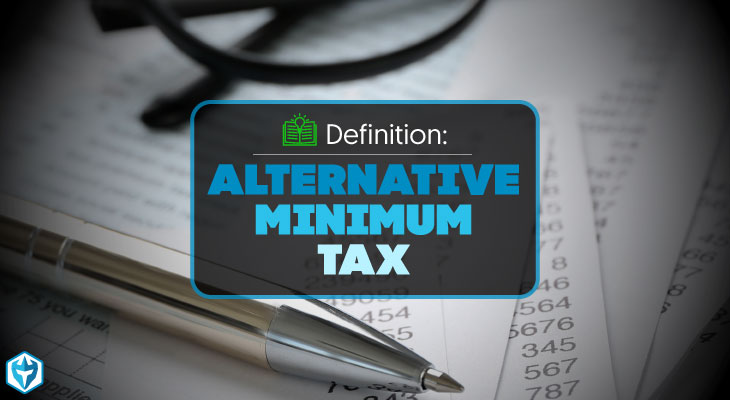Altcoin is a colloquial term used in finance to describe any of Bitcoin’s successor and competitor cryptocurrencies. While there is no hard rule for what defines an altcoin, they generally have the same features as Bitcoin (peer-to-peer exchange, mining, etc), while also purporting to improve on one or more of Bitcoin’s suggested shortcomings. Some examples […]











